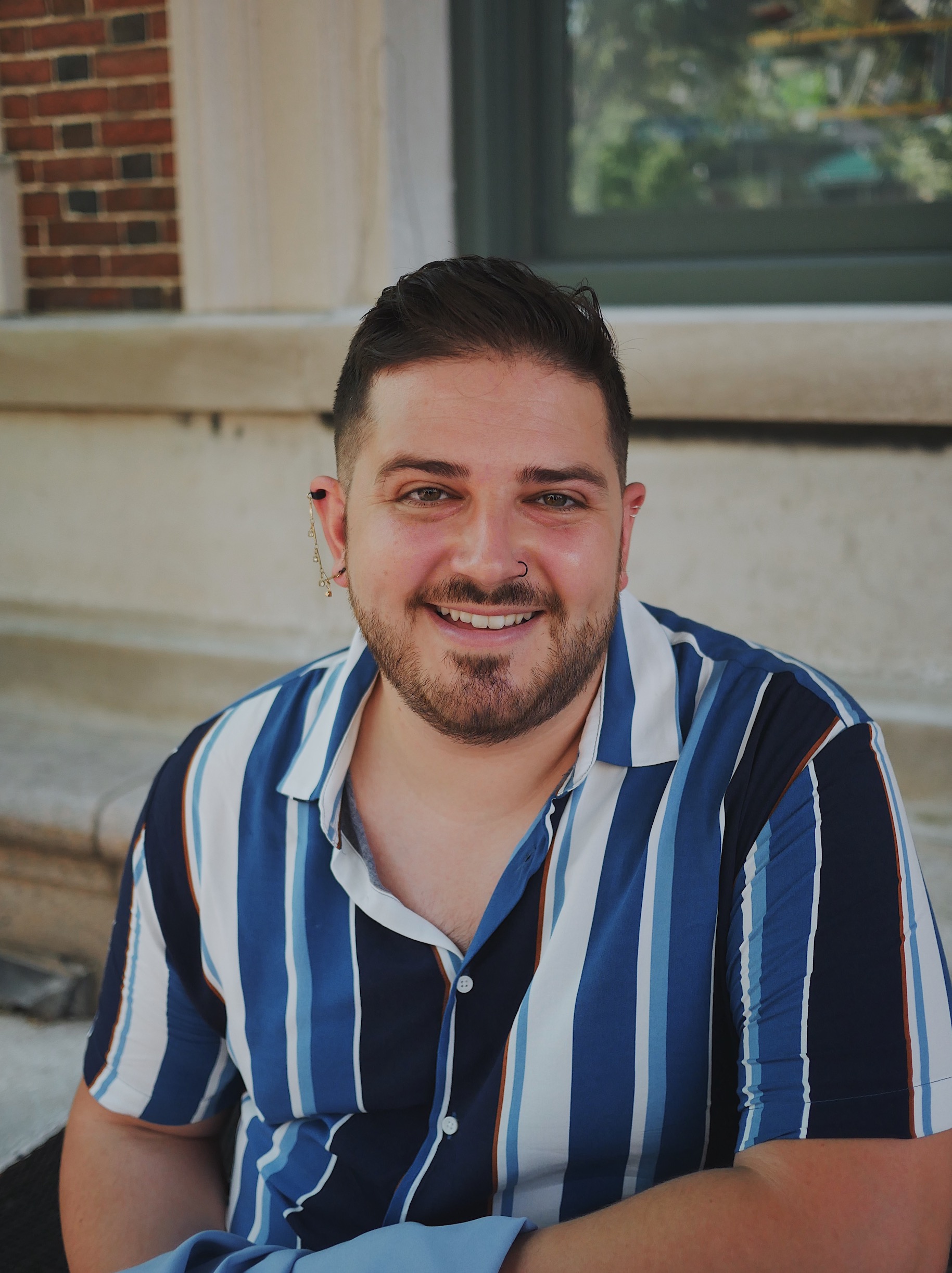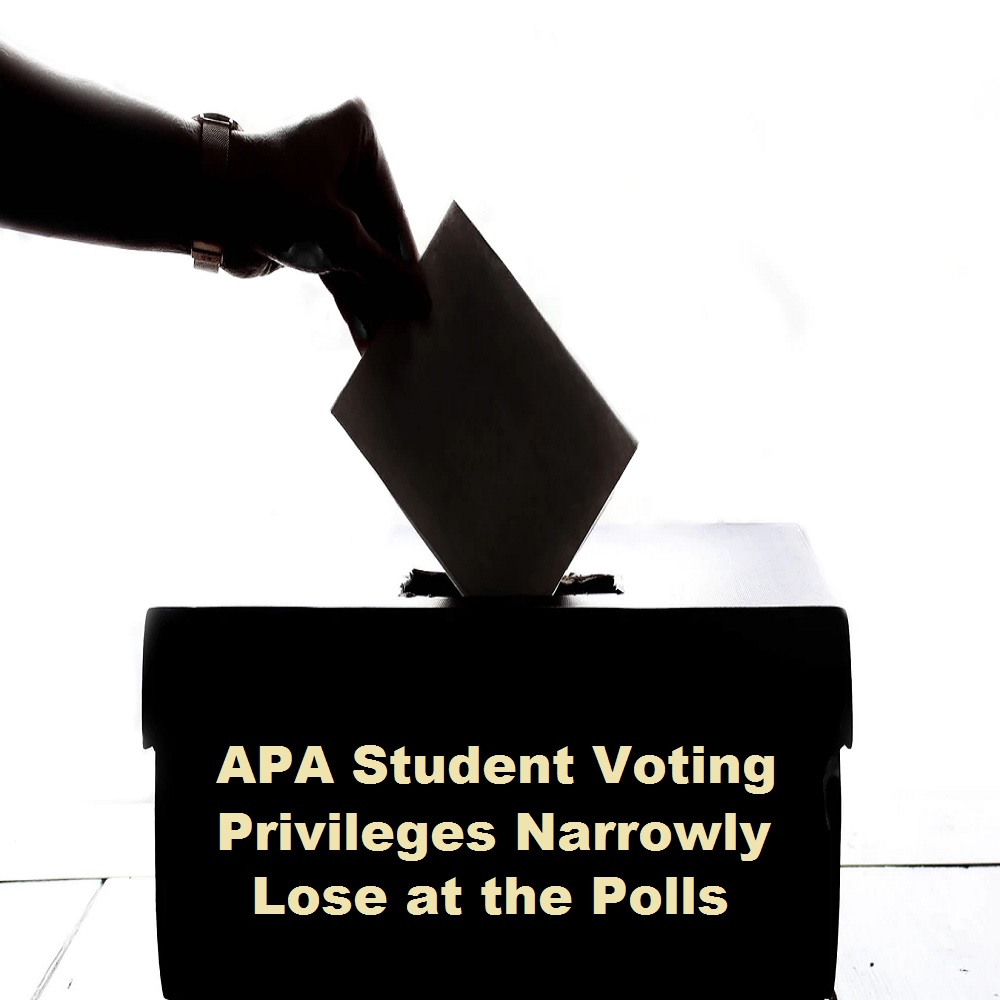This blog post is a part of a series developed by the APAGS Committee on Sexual Orientation and Gender Diversity (CSOGD) to celebrate LGBTQ+ graduate student leaders in psychology. If you are interested in learning more about APAGS-CSOGD and leadership opportunities within APAGS, please contact Emily Boswell (she/her).
What is your name and pronouns?
JD Goates (They/Them)
What is your program and year?
Rising 3rd year student in Counseling Psychology PhD program at the University of Tennessee, Knoxville
What brought you to CSOGD?
From the first few years of my undergraduate, I had wanted to get involved with APA in various queer advocacy efforts. Working for the empowerment of queer students had been fundamental to my core identity for many years. I quickly recognized that CSOGD was a strong fit with me in its collaborative efforts across APA and other organizations for the advocacy of LGBTQ students. I have been so lucky in my short time in CSOGD to work with some incredible people.
What LGBTQ+ advocacy projects are you involved in?
Currently, I am involved in various non-profits seeking to provide resources to queer youth and their families in my home state of Utah. Additionally, I am working with groups that provide physical, financial, and mental health resources to students attending universities with restrictive and anti-LGBTQIA+ policies.
What are your research interests and experiences?
Broadly, my research focuses on my communities—fat and LGBTQIA+ folks’ experiences as they relate to internalized stigma, minority stress, and professional empowerment. Previously, I have done work in help-seeking behaviors of LGBTQIA+ college students as well as individuals’ engagement in activism and the disruption of anti-fat attitudes. I am currently finishing my thesis, a grounded theory study focused on the experiences and practices of non-binary psychotherapists and am excited to get started on my next projects!
What are your clinical interests?
Clinically, my interests are primarily focused on using emotion focused therapies through a Liberation Psychology lens with queer folks, individuals seeking bilingual (Spanish) services, and clients from traumatic religious experiences in community mental health.
What other interests do you have?
I am a huge outdoors and music person. Growing up in Utah meant that the mountains were my playground, and, as a classically trained vocalist, my opera house on occasion.



